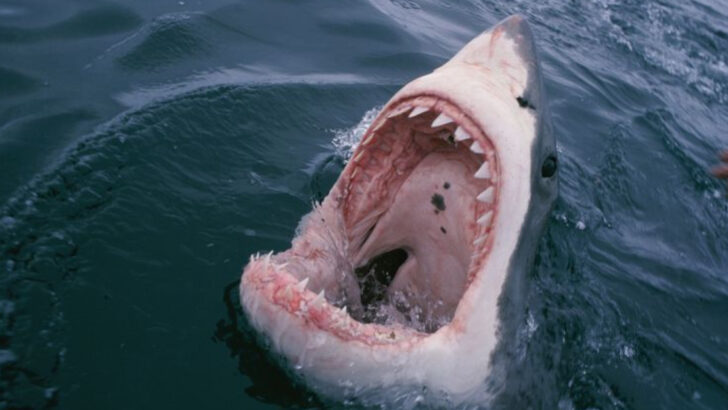Hollywood has a knack for turning sharks into the ultimate sea villains, but many portrayals are far from reality. From enormous jaws to their alleged taste for human flesh, these myths often lead to misunderstandings about these fascinating creatures. This post aims to debunk 19 common shark myths perpetuated by movies and television, highlighting the truth behind the fiction. Let’s explore these misconceptions one by one, providing clarity and understanding of the real nature of sharks.
Sharks are Human Hunters
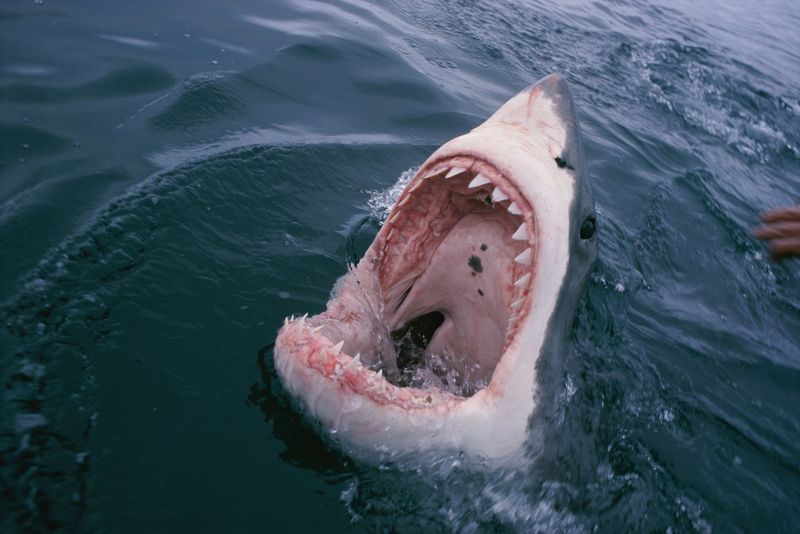
Many films depict sharks as bloodthirsty hunters eager to attack humans. However, sharks typically prefer fish or marine mammals. Rarely do they target humans deliberately.
Their curiosity may lead them to investigate people, which can be mistaken for aggression. In reality, most shark bites are exploratory rather than predatory.
Understanding sharks’ natural behaviors helps reduce unwarranted fears. By avoiding splashing or erratic movements, swimmers can minimize curiosity-driven encounters. This myth contributes to the undeserved vilification of sharks, overshadowing their ecological importance.
Great Whites are Gigantic
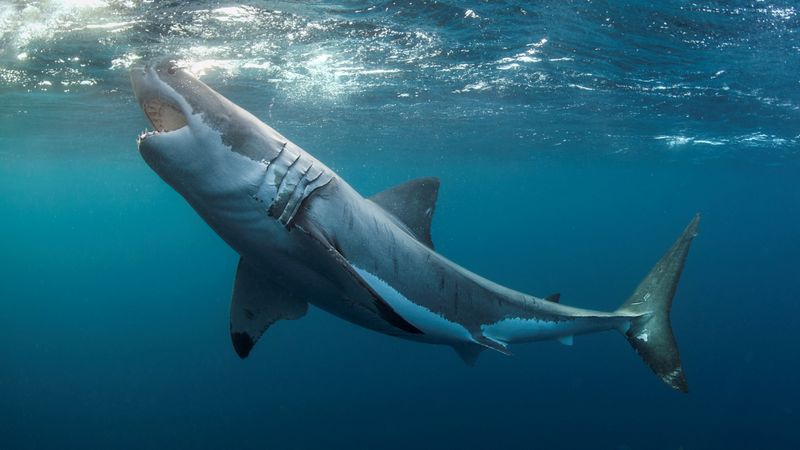
In movies, great white sharks are often enormous, towering over boats like sea monsters. Yet, the typical size of a great white is about 15 feet, not the exaggerated 30-foot giants of film lore.
Their size is impressive but not monstrous. These myths can lead to irrational fear and misunderstanding of their biological traits.
Realizing that they’re not the titans of horror films can help foster respect and interest rather than fear. They are magnificent predators, essential to the marine ecosystem.
Sharks are Mindless Eaters
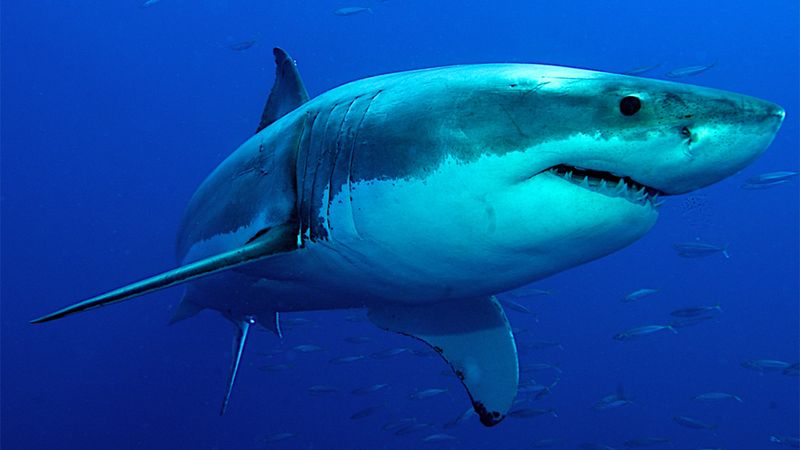
The stereotype of sharks as mindless eating machines is misleading. Sharks display keen hunting skills and choose prey carefully.
They are selective predators, often avoiding humans who are not their natural food. Movies simplify this behavior, reducing complex predation to mere feeding frenzies.
By appreciating sharks’ intelligence and adaptations, we can better understand their role in the ocean. This myth diminishes the respect these creatures deserve, as it overlooks their critical ecological functions.
All Sharks are Dangerous
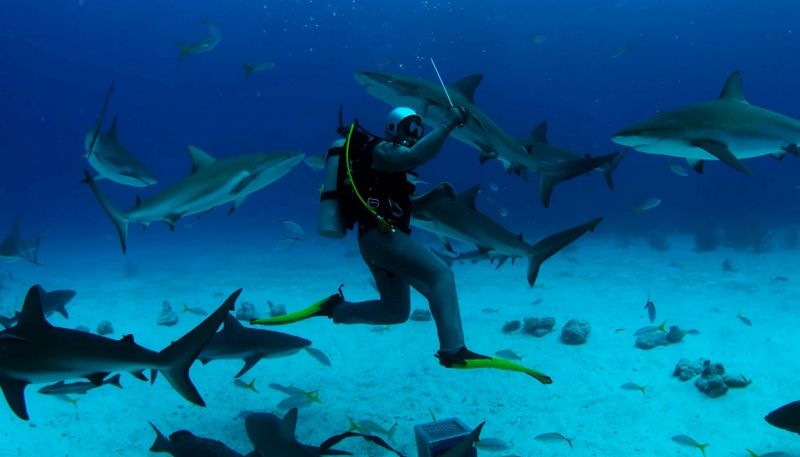
Hollywood often paints all sharks as menacing threats, but only a few species are potentially dangerous to humans. Of over 500 species, most are harmless.
Species like the nurse shark are gentle and pose little threat to humans. This myth’s persistence fuels unnecessary fear, contributing to negative perceptions.
Educating ourselves about the diverse nature of these creatures can help dispel myths. Not all sharks are threats; many are vital to maintaining oceanic health.
Sharks Can’t Stop Swimming
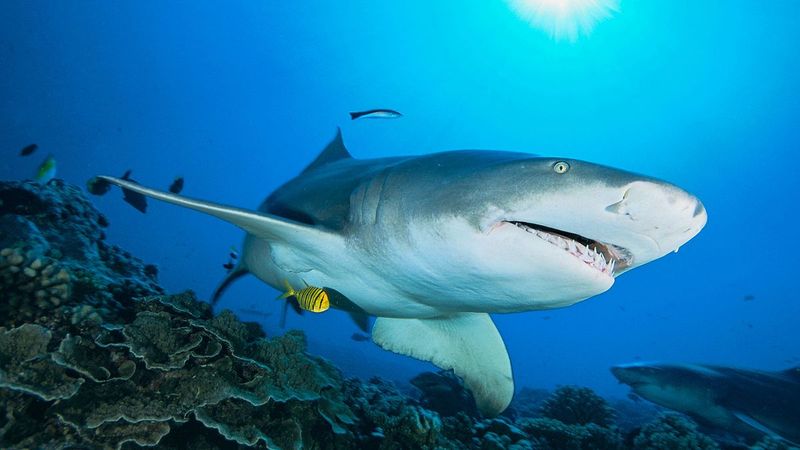
Movies often suggest sharks must continuously swim to survive, but this is only true for a few species. Many sharks can rest on the ocean floor.
Species like the nurse shark use spiracles to pump water over their gills, allowing them to breathe while stationary. This myth oversimplifies diverse shark behaviors.
Understanding these nuances helps in appreciating their adaptability and diversity. Not all sharks are the relentless swimmers portrayed in films.
Sharks are Silent Predators
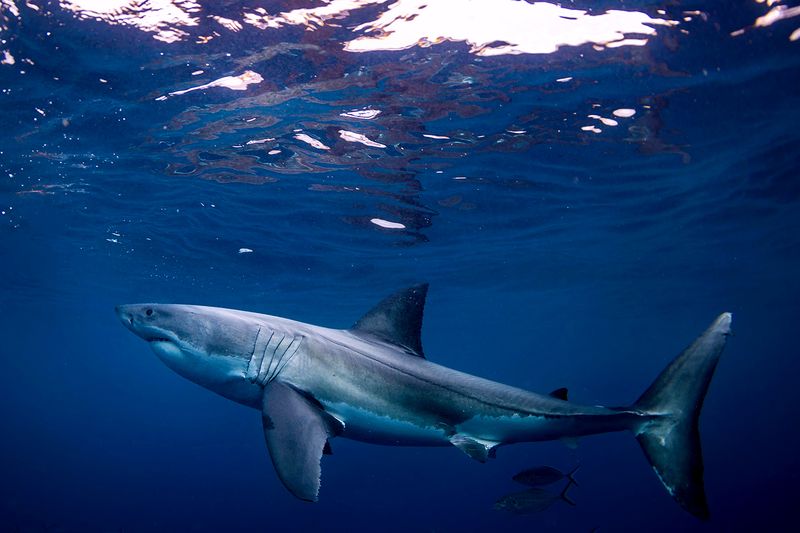
Sharks are often depicted as silent stalkers, but they can produce sound. While not vocal like dolphins, some sharks make noises.
Sounds may result from interactions with objects or other sharks, though most communication is through body language. This myth neglects the complexity of shark behavior.
Understanding these aspects enriches our perception of sharks as intelligent beings with varied communication methods. They are not the silent hunters of Hollywood fame.
Sharks Have Poor Vision
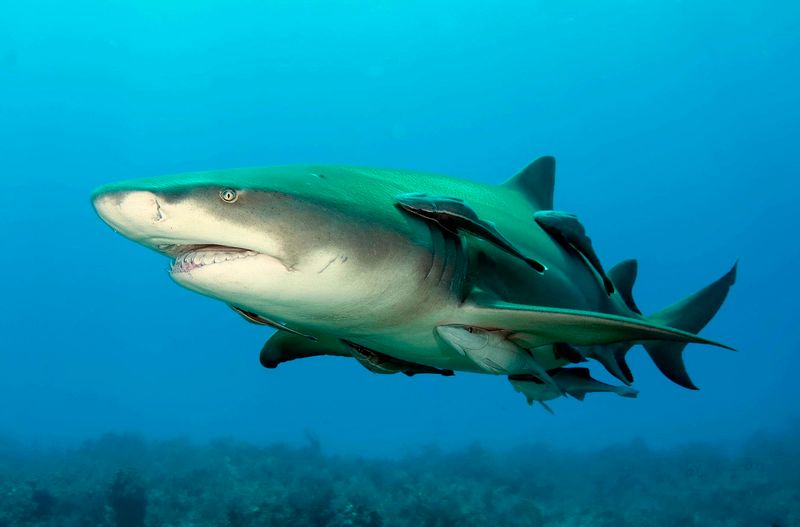
Another common myth is that sharks have poor eyesight. In truth, they have excellent vision, particularly in low light.
Their eyes have a reflective layer behind the retina, enhancing night vision and making them effective hunters. The myth arises from their reliance on other senses.
Recognizing their visual acuity provides insight into their hunting strategies. They are not the blind creatures portrayed in media, but skilled predators with formidable vision.
Sharks Attack Boats
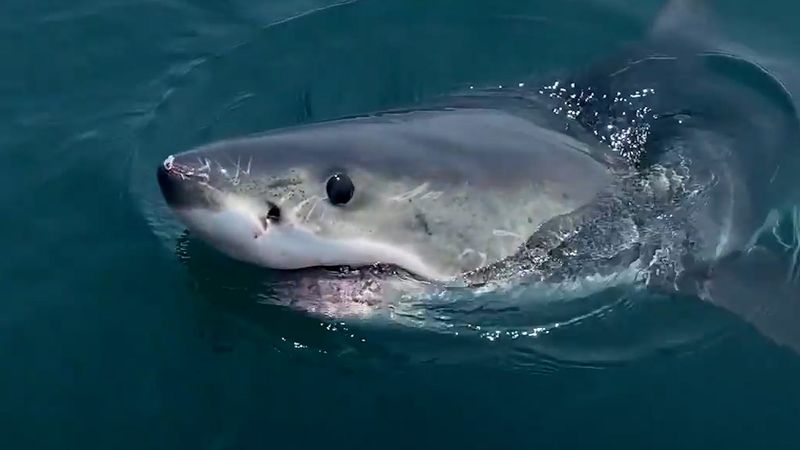
Films sometimes show sharks attacking boats, portraying them as threats to seafarers. In reality, sharks rarely show interest in boats.
Incidents involving sharks and boats are often due to curiosity or confusion, not aggression. This myth exaggerates sharks’ behavior, causing undue fear.
Understanding that sharks are not boat attackers aids in demystifying their actions. They are curious creatures, not the antagonists of fiction.
Sharks are Relentless Killers
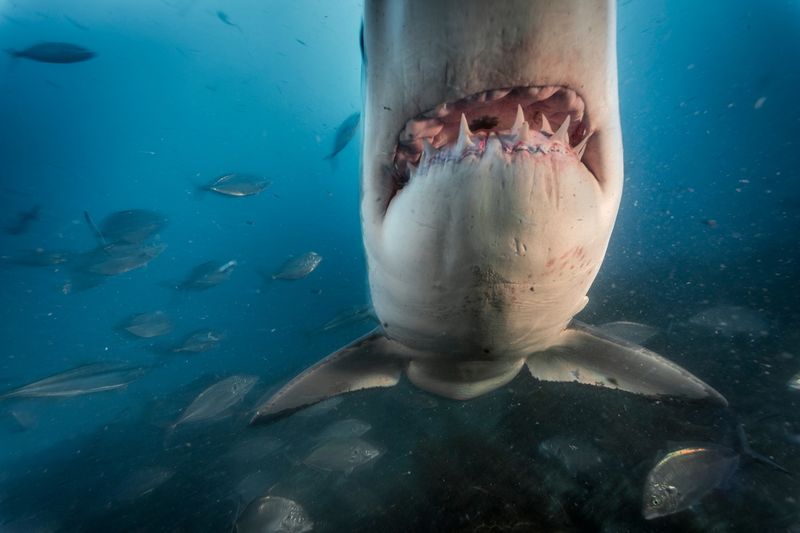
Hollywood villains often include sharks as relentless killers, but this is far from reality. Most sharks are elusive and avoid human interaction.
Their primary goal is survival, not hunting humans. Misrepresentations lead to fear and misunderstanding. By learning about their behaviors, we can correct these inaccuracies.
A balanced view of sharks reveals their importance in the ocean ecosystem. They play critical roles, far from the villains portrayed in films.
Sharks Prefer Warm Waters
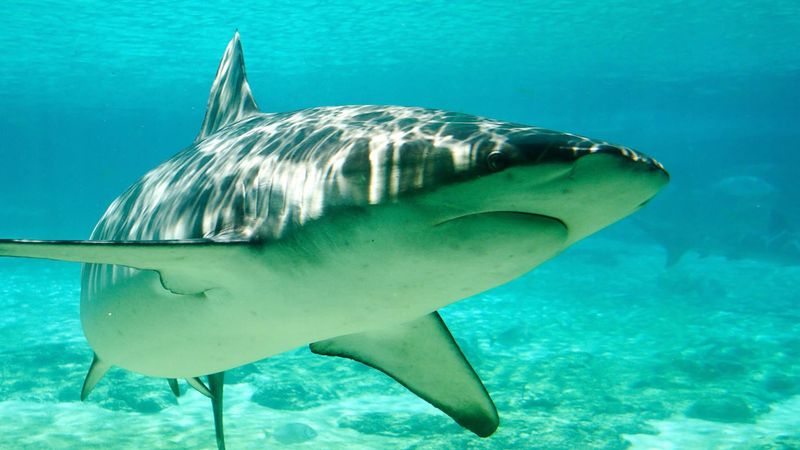
Movies often depict sharks in tropical settings, but many thrive in cold waters. Species like the Greenland shark inhabit icy regions.
Sharks are adaptable, found in all oceans, not just warm waters. This myth limits our understanding of their ecological diversity.
Appreciating their adaptability highlights their resilience and evolutionary success. They are not confined to the sunny beaches of Hollywood.
Sharks Die If Caught
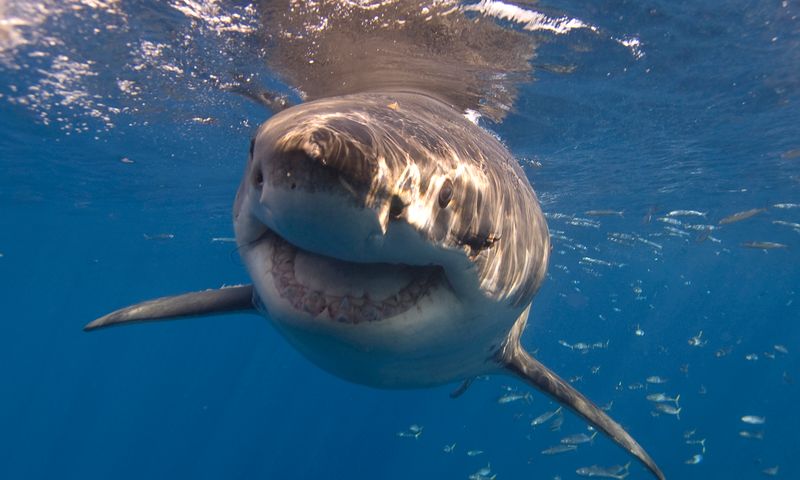
The myth that sharks die if caught ignores their resilience and conservation efforts. Many sharks survive catch-and-release practices used in research.
Tagging provides vital data for understanding shark populations and behaviors. This myth distracts from successful conservation strategies.
Recognizing these efforts helps emphasize the importance of sustainable fishing practices. Sharks can thrive with responsible human interaction.
Sharks are Tameable
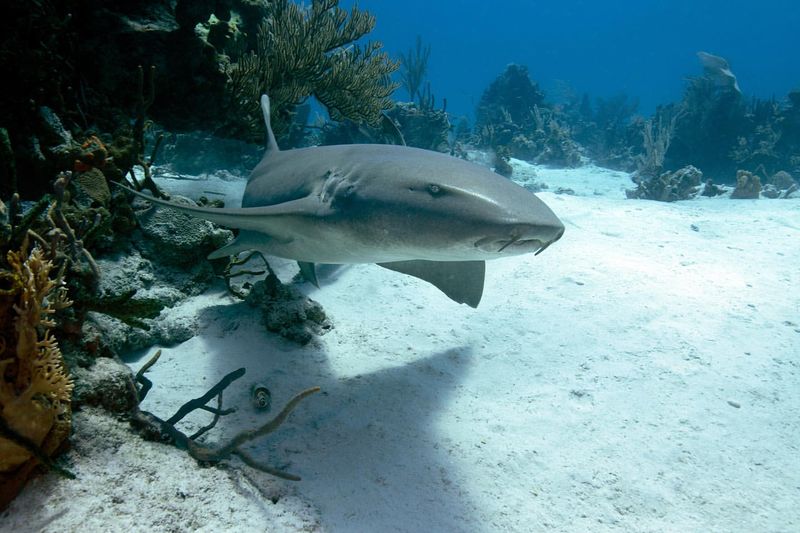
Some media suggest sharks can be tamed, but they remain wild animals. Feeding sharks can alter their natural behaviors.
Human interaction may lead sharks to associate people with food, increasing risks. This myth can lead to dangerous practices and misunderstandings.
Respecting sharks’ wild nature is crucial for safety and conservation. They are not pets, but vital components of marine ecosystems.
Sharks are Useless Apex Predators
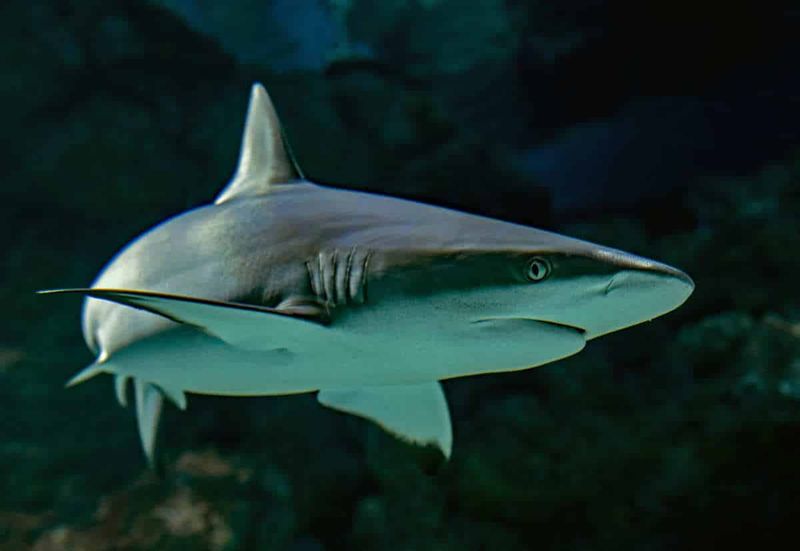
Hollywood often overlooks sharks’ ecological roles, painting them as mere predators. However, they maintain balance by controlling fish populations.
Their presence influences prey behavior, contributing to healthy ecosystems. This myth underestimates their significance in oceanic health.
Understanding their role promotes conservation efforts, highlighting their importance beyond the predator stereotype. Sharks are essential for marine diversity.
Sharks are Solitary Creatures
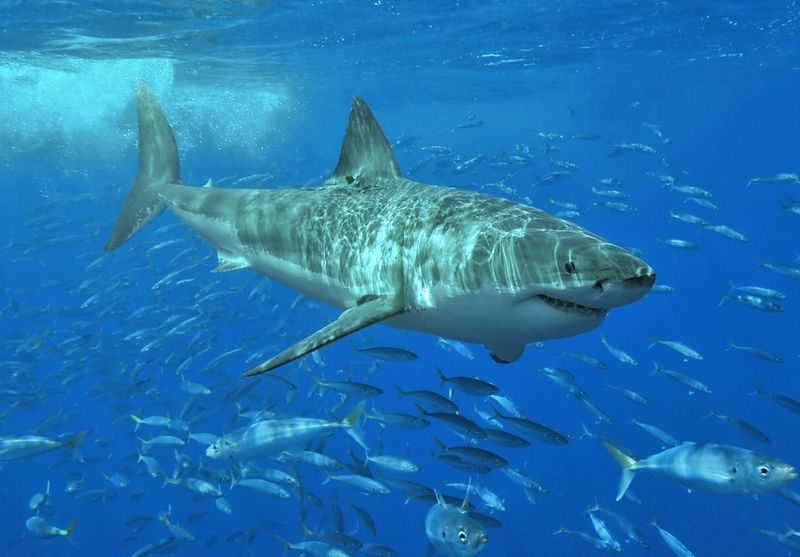
Movies often portray sharks as solitary hunters, yet many exhibit social behaviors. Species like the hammerhead form schools for hunting and protection.
Their social structures are complex, influencing behaviors and interactions. This myth simplifies their intricate social lives.
Recognizing their social nature enriches our understanding of marine life. Sharks are not the lone wanderers of film lore, but part of dynamic communities.
Sharks are Indestructible
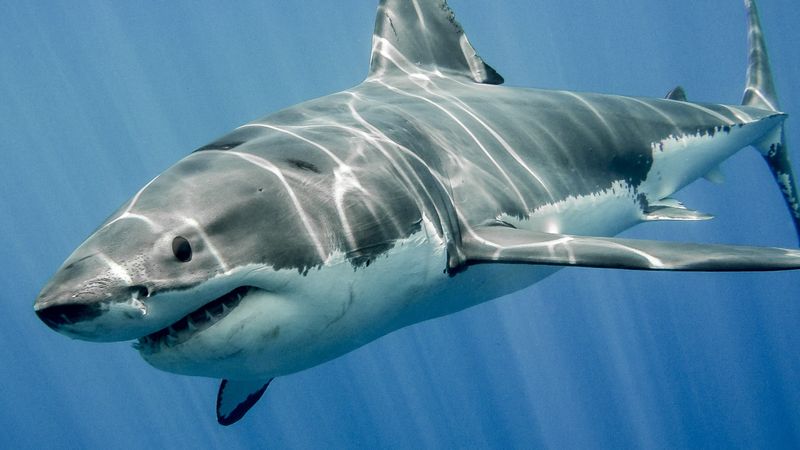
Films might portray sharks as indestructible, but they face many threats. Overfishing, habitat loss, and pollution impact their survival.
They are vulnerable to human activities and environmental changes. This myth obscures the need for conservation efforts.
Addressing these challenges is crucial for their survival. They are not the invincible creatures of Hollywood, but part of fragile ecosystems.
Sharks Love Blood
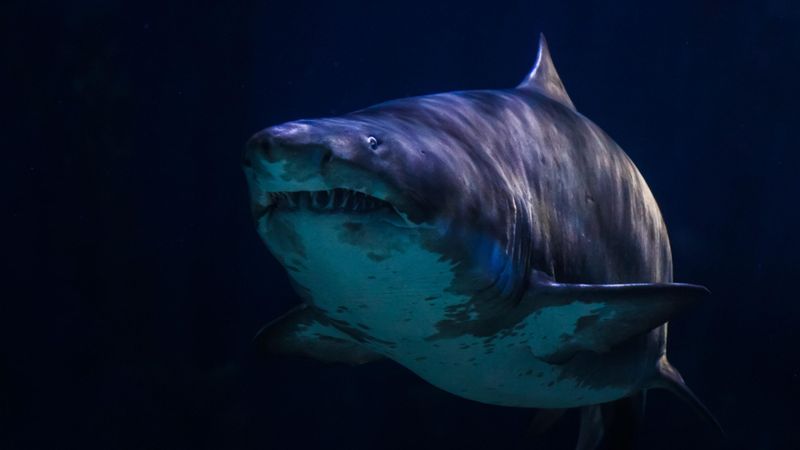
The infamous myth of sharks being drawn to blood oversimplifies their feeding habits. While they can detect blood, it’s not always a lure.
Sharks use multiple senses to locate prey, and not all blood sources attract them. This myth exaggerates their feeding behavior, promoting fear.
Understanding their selective nature provides a clearer picture of their ecology. Sharks are not the bloodthirsty predators of legend.
Sharks Attack in Packs
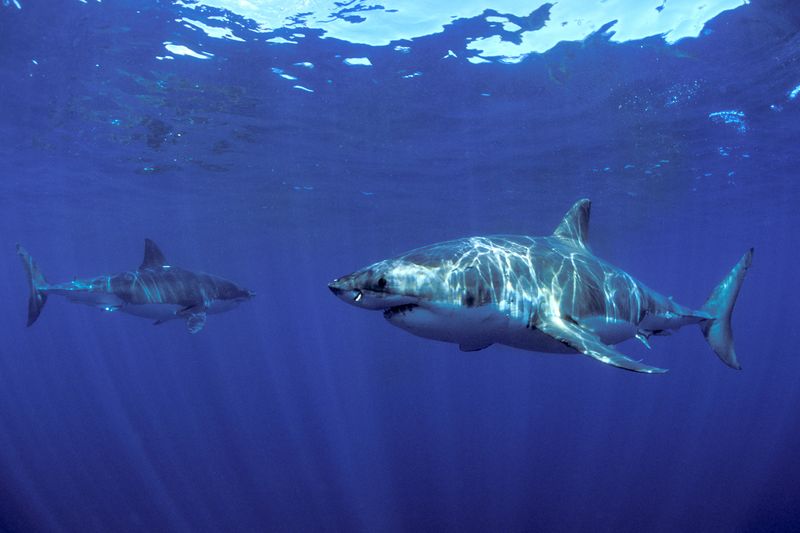
Films sometimes depict sharks as pack hunters, but most species hunt alone. Group hunting is rare, with few species displaying such behavior.
Sharks rely on individual hunting skills, not coordinated attacks. This myth misrepresents their solitary nature.
Correcting this view helps appreciate their hunting strategies. They are skilled predators, not the pack hunters of cinema.
Sharks are Monsters of the Deep
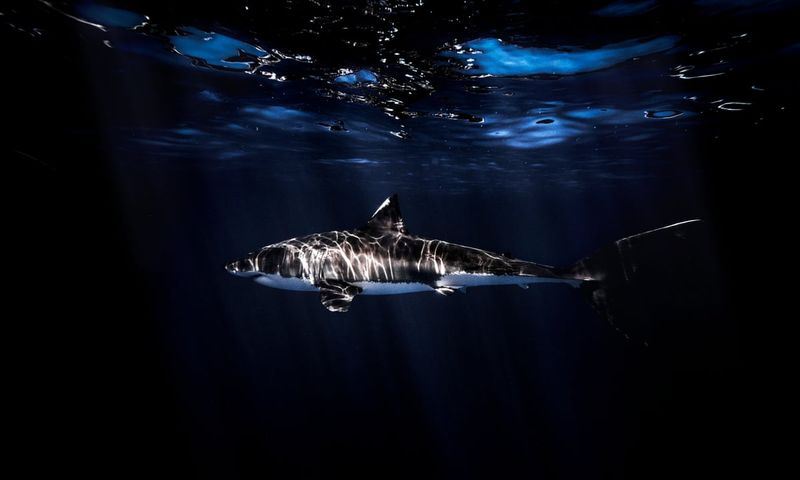
The ‘monster of the deep’ image misrepresents sharks. Many inhabit shallow waters, interacting with diverse marine life.
Their habitats range from deep seas to coastal areas. This myth exaggerates their mystery, leading to misconceptions.
Exploring their habitats reveals their adaptability and ecological roles. Sharks are not lurking monsters, but integral marine inhabitants.
Sharks Have No Predators
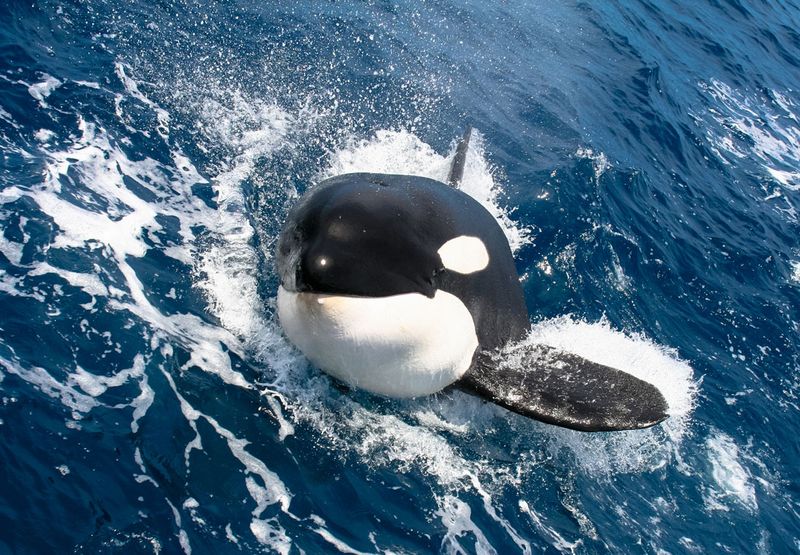
It’s often thought sharks have no natural predators, but species like orcas do hunt them. They face threats from other marine animals.
This myth exaggerates their dominance, ignoring ecological interactions. Sharks exist within a complex food web.
Recognizing these dynamics helps understand their role and vulnerabilities. They are not invincible rulers of the oceans.

